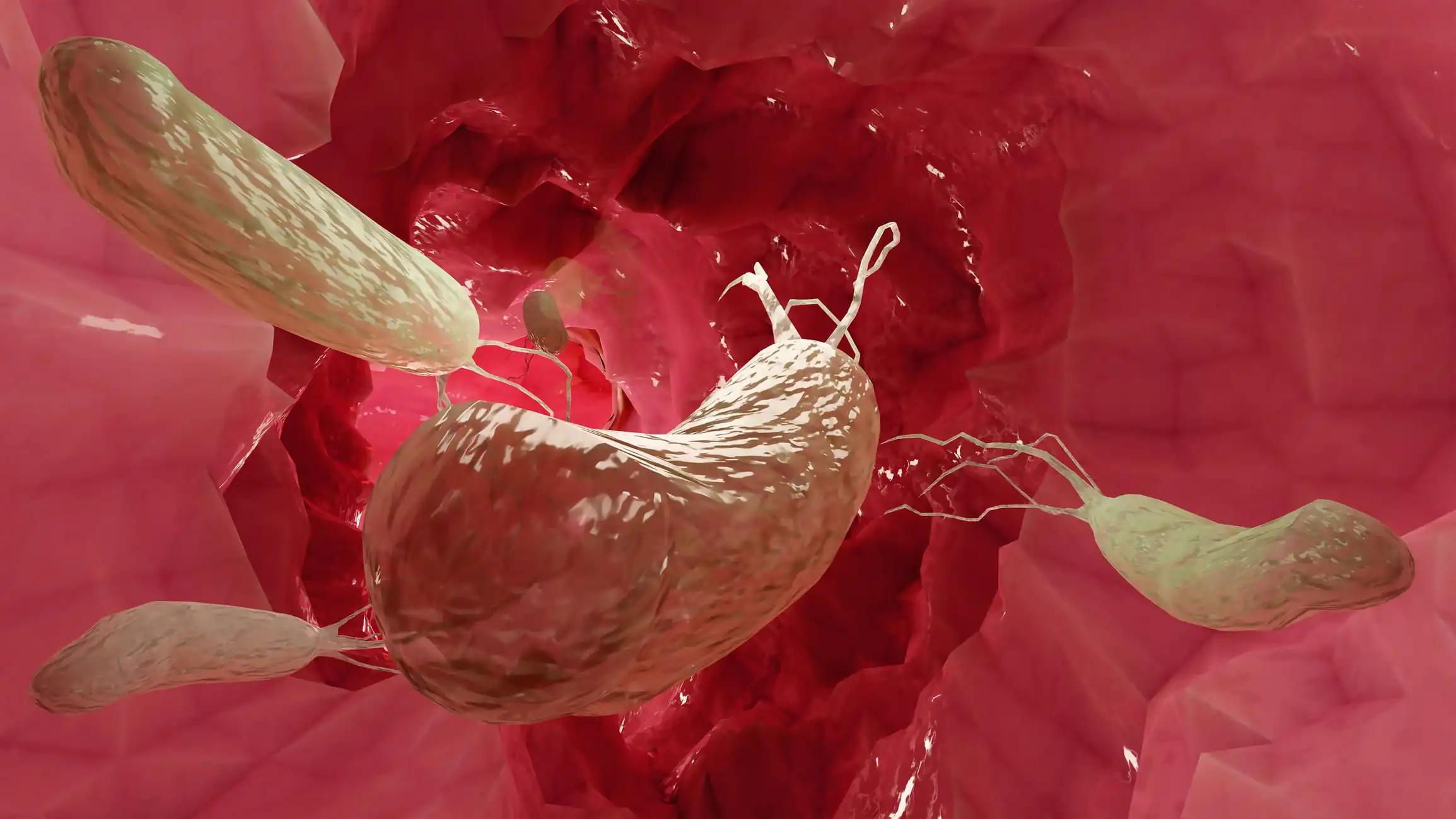KEY TAKEAWAYS
- The ICEMELTphase I & II study aimed to investigate the cellular mechanisms and immune landscape associated with gastrointestinal and respiratory irAEs.
- Researchers noticed promising insights into multi-omic signatures associated with irAEs; additional information will be provided later.
The clinical effectiveness of immune-checkpoint inhibitors (ICIs) is hindered by the potential for immune-related adverse events (irAEs) affecting diverse organ systems. Gastrointestinal and respiratory complications, commonly observed irAEs, pose significant challenges, impacting both the quality of life (QoL) and treatment outcomes for patients.
Gaining insights into the cellular mechanisms and immune landscape linked to irAEs is essential for optimizing patient care and devising targeted interventions.
Dmitrii Shek and his team aimed to access the comprehensive landscape of multi-omic signatures associated with irAEs through a pilot analysis. The objective was to assess the clinical efficacy and potential risks associated with ICI, ultimately informing strategies for improved patient care and therapeutic interventions.
The study performed Visium spatial transcriptomic profiling to analyze n=4 baseline FFPE mesothelioma tissues. Additionally, Chromium 3′ single-cell sequencing was conducted on n=16 matched peripheral blood mononuclear cells (PBMCs) obtained both before treatment initiation and post-therapy, considering the presence or absence of irAEs. Patients received Ipilimumab (1 mg/kg) + Nivolumab (3 mg/kg) for their respective treatments.
This analysis determined the spatial distribution of tumor-infiltrating T cells using ImSig. Notably, tumor tissues from two patients experiencing immune-related pneumonitis exhibited a higher T cell count in assigned spots compared to two pts without irAEs, with counts of n=250 and n=137, respectively. Differential gene expression analysis identified n=122 dysregulated genes in tumor-infiltrating T cells, indicating potential contributions to immunotherapy response through associated biological processes.
Furthermore, single-cell sequencing of PBMCs from patients with immunotherapy-related colitis revealed distinct populations and transcriptional profiles associated with colitis development. These findings illuminate dysregulated immune responses and potential immune cell interactions underlying irAEs, offering valuable insights into the pathogenesis of ICI toxicity.
The study provided crucial insights into multi-omic signatures associated with immune-related adverse events (irAEs). Ongoing recruitment in NCT04631731 holds promise for validating preliminary data, paving the way for future biomarker establishment in immunotherapy toxicity.
The study is sponsored by Western Sydney Local Health District
Source: https://cslide.ctimeetingtech.com/asia2023/attendee/confcal/show/session/78
Clinical Trial: https://clinicaltrials.gov/study/NCT04631731
Shek D, Lai J, Gloss B, et al. (2023). “Decoding the intricate cellular makeup of immune-related adverse events using single-cell and spatial analysis” Presented at ESMO ASIA 2023 (Abstract 418)



